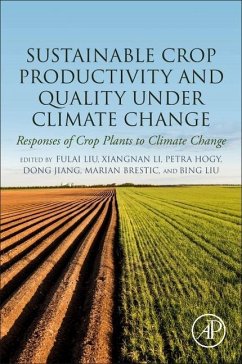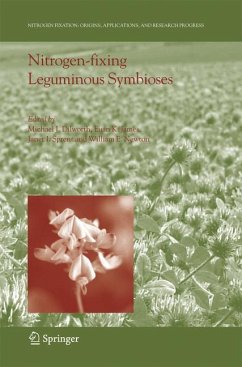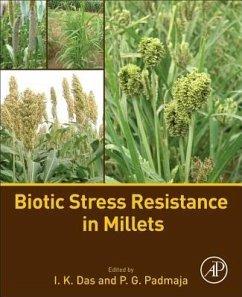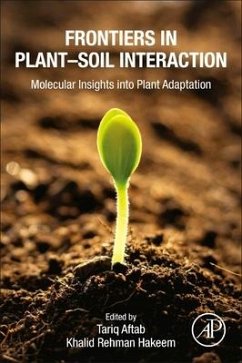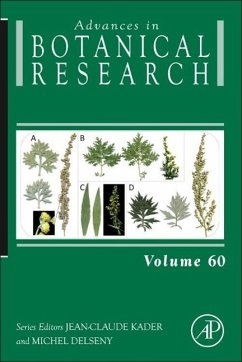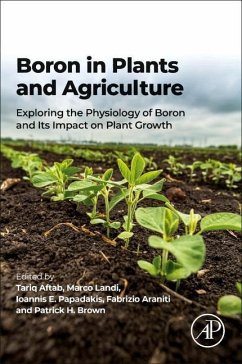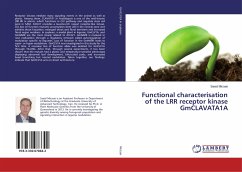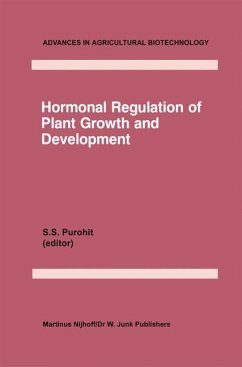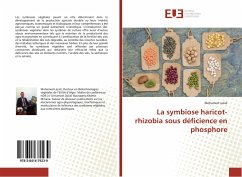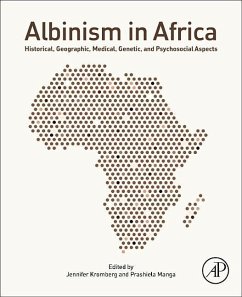
Soybean Physiology and Genetics

PAYBACK Punkte
58 °P sammeln!
Soybean Physiology and Genetics, Volume 102 presents comprehensive reviews on the latest development in soybean research, covering soybean genomics, physiology and genetics under biotic and abiotic stress, growth and development, nitrogen fixation and nutritional values, etc. Chapters in this new release cover Root Physiology and Morphology in Relationship to Stress Tolerance, Soybean Insects, Application of Genomic Studies in Soybean Breeding, Secondary metabolism in soybean, The roles of CLE peptides in nitrogen fixation in soybean, Seed morphology in soybean, Physiology and genetic regulati...
Soybean Physiology and Genetics, Volume 102 presents comprehensive reviews on the latest development in soybean research, covering soybean genomics, physiology and genetics under biotic and abiotic stress, growth and development, nitrogen fixation and nutritional values, etc. Chapters in this new release cover Root Physiology and Morphology in Relationship to Stress Tolerance, Soybean Insects, Application of Genomic Studies in Soybean Breeding, Secondary metabolism in soybean, The roles of CLE peptides in nitrogen fixation in soybean, Seed morphology in soybean, Physiology and genetic regulations of oil and protein contents in soybean, Regulation of flowering and maturation in soybean, and much more.
As soybeans are a key component in climate-smart agriculture because of their high nutritional value, large cultivation area, and nitrogen-fixing ability, this book fills a gap in information on this growing commodity.
As soybeans are a key component in climate-smart agriculture because of their high nutritional value, large cultivation area, and nitrogen-fixing ability, this book fills a gap in information on this growing commodity.




